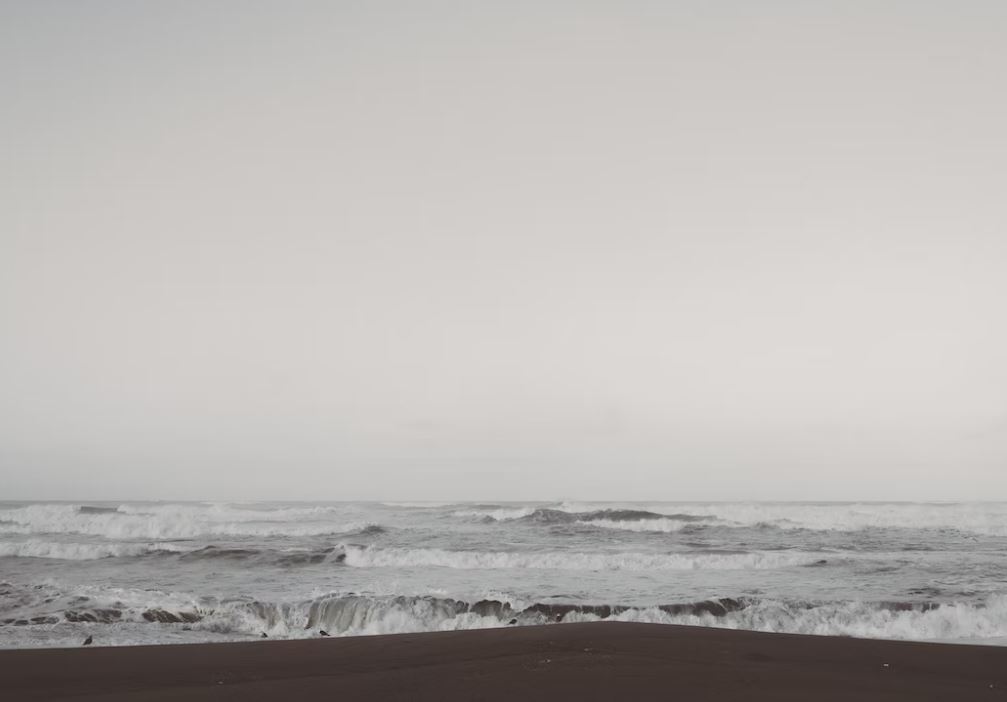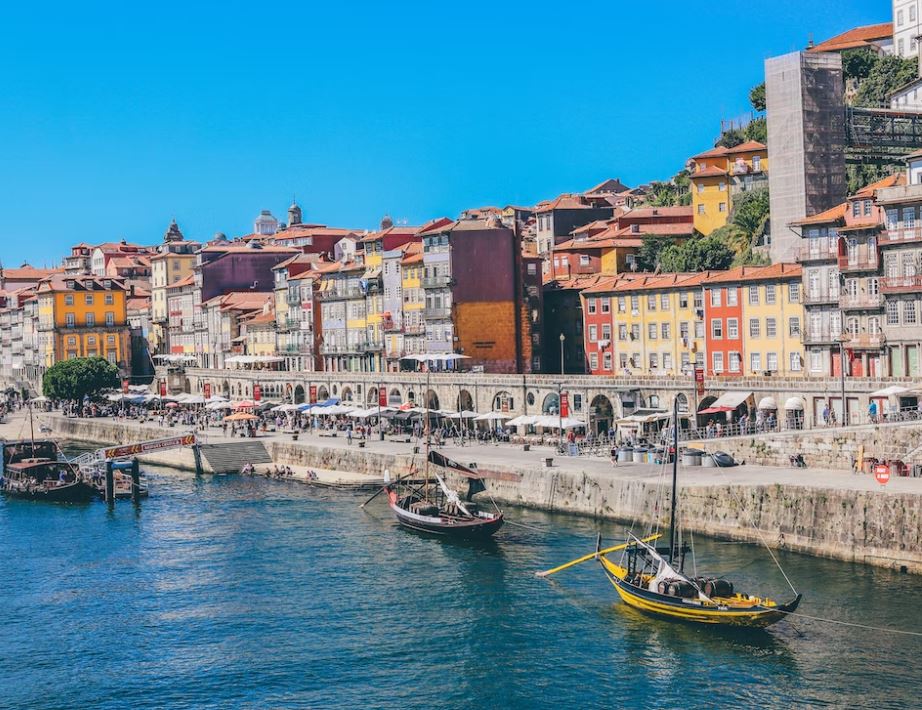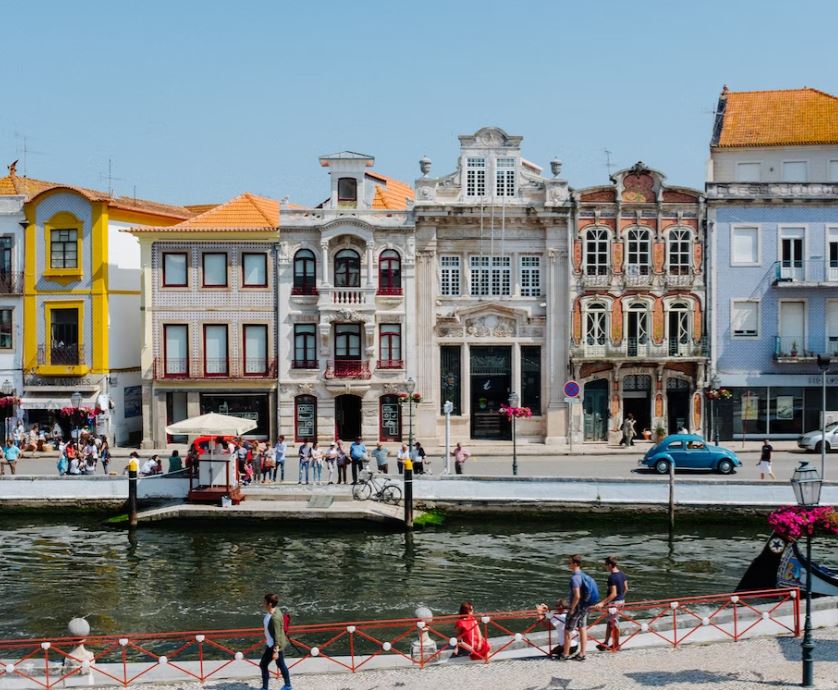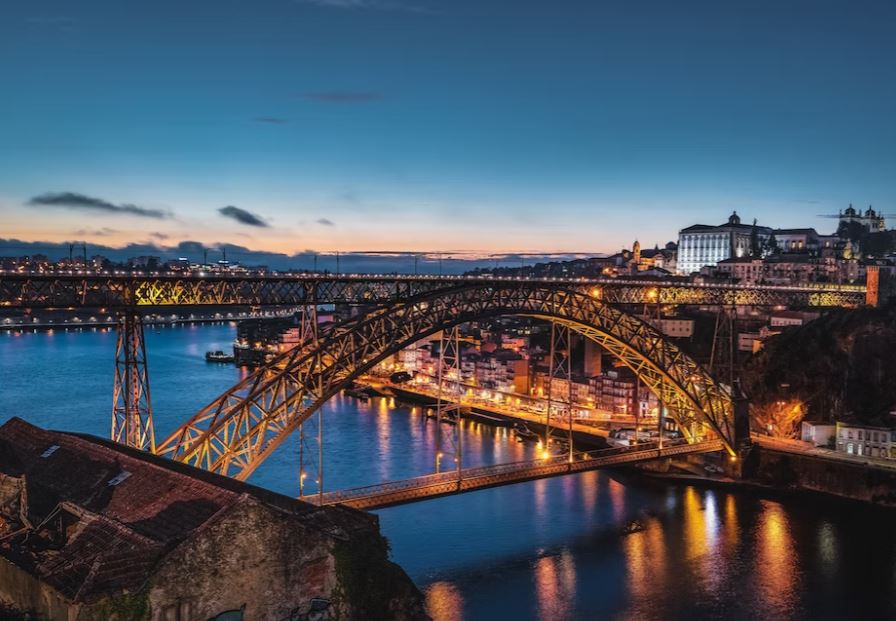5 things you must do when teaching English in Porto
If you’re planning on teaching English in Porto then you’ve got LOADS to look forward to. We think the town is up there with the most vibrant, most handsome, most culturally rich on the whole continent. It’s washed by wild surf on one side and has its other foot in the famous wine regions of the Douro. There are also historic neighborhoods right next to bumping nightlife quarters. Here’s our quick guide on what you simply cannot miss…
Go wine tasting in the Douro Valley

Porto happens to sit right at the gateway to arguably Europe’s most fabled wine region: The Douro Valley. It spreads east from the city along the courses of a great river, reaching all the way to the Spanish border. But you don’t have to go that far to experience the delights of the vineyards. There are guided boat and bus tours that whisk you away for a day at a cellar door or five, taking just an hour or two to get you into the heart of it. And it’s not just wine. The region is a stunner, rolling out along verdant hills of vineyards, punctuated now and then by a charming little Portuguese village or town.
Go surfing

The surfing in the north of Portugal where Porto makes its home isn’t quite as famous as the surfing in the central and southern regions of the country around the Algarve and Lisbon. But it’s still downright epic. Long, sandy runs of beach stretch south into a region known as the Silver Coast. Other bays go north into an area that’s known as the Green Coast. Both are replete with waves for all levels, from the right wedges of Espinho to the bigger waves of Praia da Azurara. You can also surf without leaving the city, up on the urban beach of Matosinhos.
Explore the Ribeira

Nobody, TEFL teacher or traveler, could miss out on the Ribeira. This is Porto’s historic core, and a UNESCO World Heritage Site in its own right. It spills down the northern banks of the Douro River in a waterfall of tall townhouses that date back centuries. Many are clad in the famous blue Azulejo tiles or showcase eccentric ceramic frontispieces. The good news is that the Ribeira is eminently walkable. You can start on the Cais da Ribeira path below, where there are loads of places for breakfast by the water. Later, dive in to get lost amid the wiggling, winding alleys.
A whole host of day trips

What we love about TEFL teaching in Porto is that you don’t just get one place to explore. You get the whole of northern Portugal. Yep, this town is now the favored gateway to a range of other historic towns and nature reserves. Over the course of a year or a term teaching here, you should have time to see:
- Aveiro – Called the Venice of Portugal, this town has charming canals carving through its center and a famous monastery that’s home to one of the country’s most revered saints.
- Peneda-Gerês National Park – The only true national park in Portugal straddles the mountains to the north of Porto. Come here to swim in gleaming highland rivers and hike trails through pine forests on the very edge of Spanish Galicia.
- Serra da Estrela Natural Park – A wild region of rolling hills, the Serra da Estrela Natural Park is for true escapists. It’s also got some of the famous Schist Villages, which are age-old hamlets built from rough stone.
Sample the nightlife

Porto has a seriously great nightlife scene. It’s enough to rival both Lisbon and the resort towns of the Algarve. Don’t come looking for pumping EDM clubs a la Ibiza, though. It’s all a touch more refined in these parts. There are moody jazz bars and edgy cocktail lounges, noir speakeasies and rambunctious sports pubs that slosh with beer. The best areas to party include Vitória, a boho quarter with loads of sleek new music spots, and the Douro riverside, which comes alive on weekend nights in the summer especially.
If you’re a veteran of teaching English in Porto and have anything to add to this list, be sure to drop your thoughts in the comments below. Alternatively, check out our expert guide to TEFL in Portugal or head over to our courses page.
